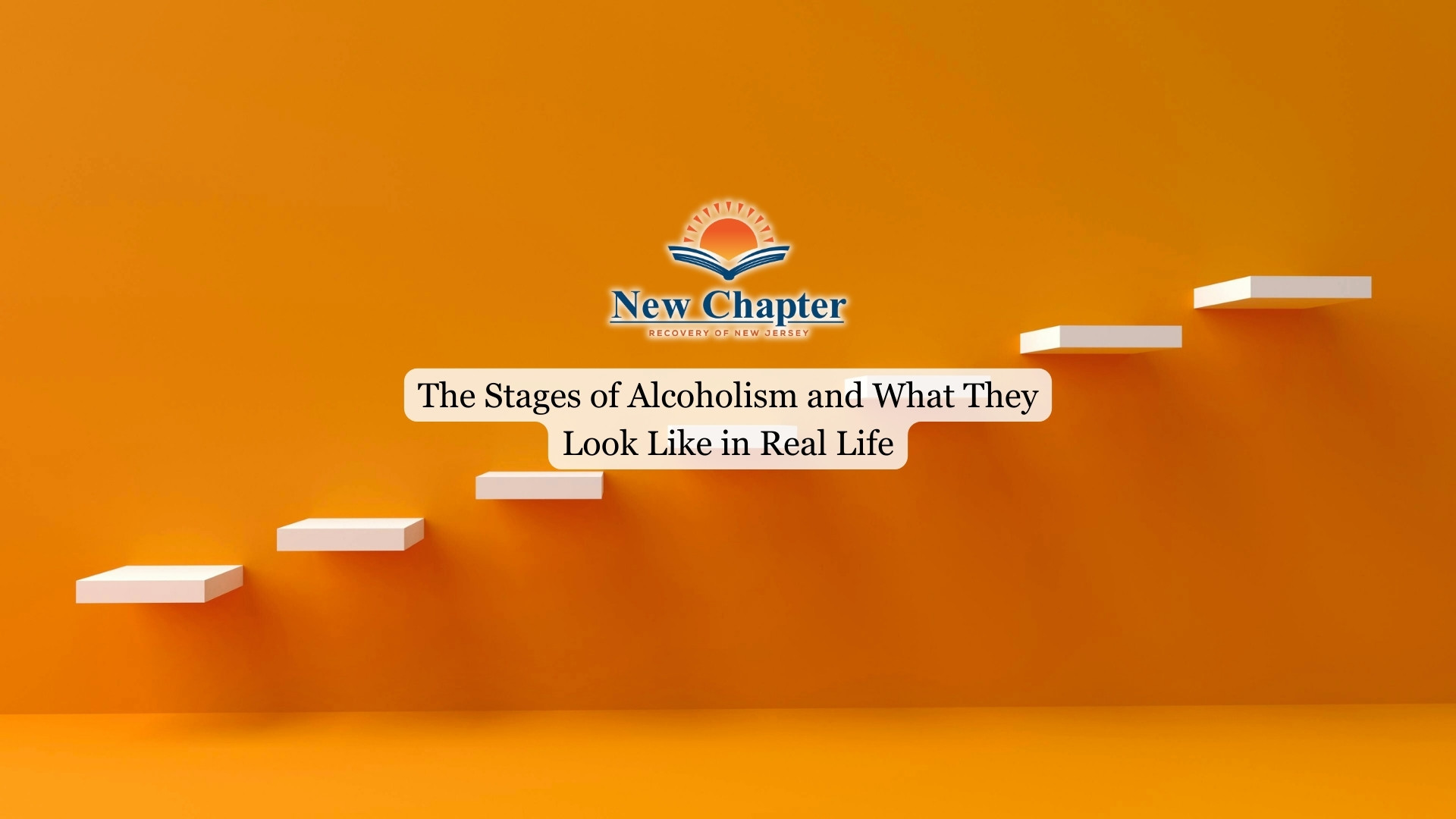Recognizing addiction as a complex medical condition rather than a personal failure is crucial for families navigating the recovery process. Education helps challenge misconceptions, allowing family members to provide support with greater compassion and effectiveness. Learning about relapse warning signs, effective communication techniques, and boundary-setting empowers families to play an active role in their loved one’s recovery journey.
This article explores the significance of family education in addiction recovery, emphasizing its benefits for both individuals in recovery and their support networks.

Understanding Addiction and Recovery
By learning about how addiction affects the brain, you’ll recognize the changes in behavior and emotions associated with substance use disorders. This knowledge will help you approach your loved one with empathy and compassion.
Understanding the stages of recovery is equally important. It equips you with realistic expectations about the challenges and timelines involved in your loved one’s journey to sobriety.
Through family education, you’ll also learn effective communication skills that foster open dialogues and strengthen family bonds. These skills will help you express your feelings and experiences while supporting your loved one’s recovery.
During our Intensive Outpatient Program in NJ at New Chapter Recovery we equip loved ones with knowledge about addiction, its effects, and the recovery process, thus families can create a supportive environment that promotes healing and growth.
Eliminating Enabling Behaviors
Education empowers you to set appropriate boundaries that promote accountability and encourage recovery rather than perpetuate addiction.
As you gain a deeper understanding of enabling behaviors, you’ll develop healthier coping mechanisms that support your loved one’s journey without inadvertently hindering their progress.
Family education helps you identify the difference between genuine support and enabling, fostering a more constructive dynamic within your family.
Read more about the connection between family dynamics and the addiction recovery process to learn more about the impact of family on treatment success.
Encouraging Honest Communication
Prioritizing open and transparent conversations fosters a safe environment where family members can express their thoughts, emotions, and experiences without fear of criticism or misunderstanding.
By developing strong communication skills, such as active listening and expressing concerns without judgment, you can build stronger emotional connections and gain a deeper appreciation of each other’s perspectives.
Consistent discussions about the recovery journey help break down stigma and reduce feelings of shame often linked to addiction, ultimately creating a more supportive and understanding family dynamic.
Encouraging honest dialogue allows family members to validate each other’s emotions, establish healthy boundaries, and offer the necessary emotional support to strengthen their loved one’s path to recovery.

Strengthening Family Relationships
When family members learn about addiction and recovery together, they develop a shared language and perspective that facilitates open, honest communication. This allows them to express their feelings and experiences more effectively, fostering a deeper sense of connection and empathy.
By establishing healthy boundaries and avoiding enabling behaviors, families create a supportive environment that nurtures healing and growth. Engaging in family therapy and support services during and after treatment further reinforces these bonds, as family members learn to navigate challenges together and celebrate successes along the way.
The knowledge and skills gained through family education contribute to improved recovery outcomes, as individuals in recovery benefit from a strong, united support system at home.
This shared commitment to growth and healing not only benefits the individual in recovery but also leads to a healthier, more harmonious family dynamic that endures long after treatment ends.
Developing Coping Strategies
Engaging in family therapy helps families identify and practice effective coping techniques, such as active listening and non-judgmental communication, enhancing emotional support. Implementing collective coping strategies allows families to work together in addressing the challenges of addiction, improving resilience and presenting a united front in recovery efforts.
Ongoing participation in education and support programs deepens understanding of the recovery process, leading to better outcomes for both the individual in recovery and the family unit as a whole.
Developing coping strategies through family education significantly improves family dynamics and reduces enabling behaviors, fostering a healthier environment for recovery.
Check out these tips for helping loved ones who are going through a relapse with substance abuse.
The Impact of Family Education on Recovery Outcomes
When family members gain a deeper understanding of substance use disorder through education programs, they become better equipped to provide the emotional support necessary for successful recovery.
These programs teach families how to foster a supportive environment, set healthy boundaries, and effectively communicate with their loved ones struggling with addiction.
Research has consistently shown that individuals with strong family support systems experience improved recovery outcomes, including reduced relapse rates and increased treatment adherence.
By participating in family education programs, family members learn to recognize and address enabling behaviors, create a stable home environment, and actively participate in the recovery process.
This newfound knowledge and understanding not only benefits the individual in recovery but also promotes the overall well-being of the entire family unit.
Ultimately, the impact of family education on addiction recovery outcomes can’t be overstated, as it empowers families to become active participants in the healing process, leading to more sustainable and successful long-term recovery for their loved ones.
Final Thoughts from New Chapter Recovery
A well-informed and supportive family can contribute to a more successful and sustainable recovery journey, but it is not a guarantee of lasting sobriety. At New Chapter Recovery, we understand the significant role that knowledgeable families play in supporting their loved ones on the path to sobriety. Our comprehensive programs provide resources and guidance not only for individuals in recovery but also for their families, empowering them to navigate this challenging journey together.
Frequently Asked Questions
What are the best ways for families to manage their own stress while supporting a loved one in recovery?
Families can manage their stress by prioritizing self-care, seeking therapy or support groups like Al-Anon, and setting healthy boundaries. Engaging in activities that promote relaxation, such as exercise, meditation, or hobbies, can also help reduce stress. It’s essential to remember that a loved one’s recovery journey is their own, and families should avoid neglecting their own well-being in the process.
How can families rebuild trust after addiction has damaged relationships?
Rebuilding trust takes time, patience, and consistency from both parties. Families should focus on open and honest communication, setting clear boundaries, and acknowledging past pain while allowing space for healing. Encouraging accountability and celebrating small milestones in recovery can also help restore confidence in the relationship.
How can family members prepare for potential relapses and respond effectively?
Families should educate themselves on the signs of relapse and develop a clear plan for how to respond, including encouraging immediate support or professional help. It’s important to remain supportive without enabling, reinforcing boundaries while reminding their loved one that relapse is a setback, not a failure. Keeping emergency contacts for therapists, sponsors, or treatment centers readily available can also help navigate relapses more effectively.
How can families create a home environment that supports recovery?
A supportive home environment includes open communication, a structured and stress-free atmosphere, and the removal of any triggers that could lead to relapse. Encouraging healthy habits such as regular meals, exercise, and participation in sober activities can also help. Most importantly, offering emotional support without judgment and reinforcing positive changes can make recovery more sustainable.






